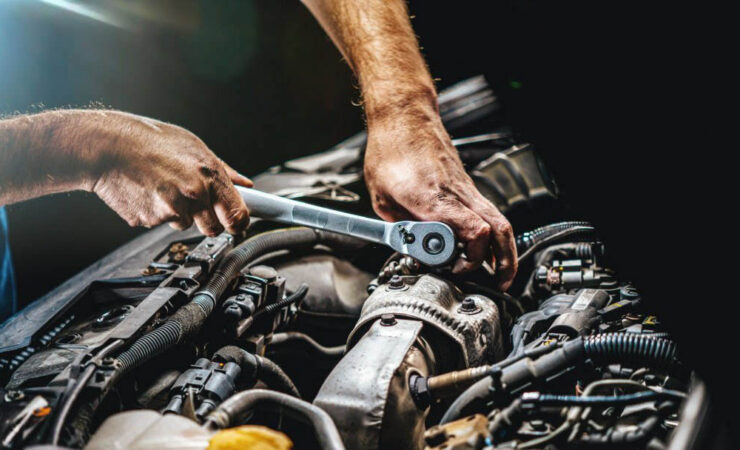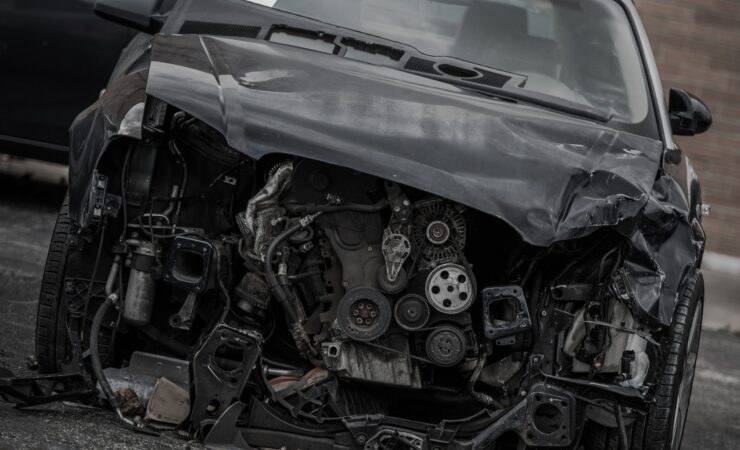Your car battery is the unsung hero that powers everything from your engine ignition to your radio. However, like any other car component, it doesn’t last forever. A dead battery can leave you stranded at the most inconvenient times. That’s why Cooper’s Automotive Service wants to equip you with the knowledge to understand, maintain, and extend the life of your car battery. This guide will help you keep your battery in tip-top shape and avoid those dreaded jump-starts and unexpected breakdowns.
Content:
Understanding Your Car Battery:
- How Car Batteries Work: A brief overview of the basic science behind car batteries and how they store and deliver electrical energy.
- Types of Car Batteries: A comparison of different types of car batteries (lead-acid, AGM, lithium-ion) and their pros and cons.
- Battery Lifespan: Discuss the average lifespan of a car battery (3-5 years) and factors that can affect its longevity (climate, driving habits, etc.).
Warning Signs of a Failing Battery:
- Slow Engine Crank: If your engine takes longer than usual to turn over when you start your car, it’s a sign that your battery may be weak.
- Dimming Lights: Headlights that dim when idling or flickering interior lights can indicate a battery that’s struggling to provide enough power.
- Clicking Sound: A clicking sound when you turn the key in the ignition usually means your battery doesn’t have enough power to start the engine.
- Swollen or Leaking Battery: Visual inspection of the battery can reveal signs of damage, such as swelling or leaking, which may indicate a faulty battery.
Maintaining Your Car Battery:
- Keep Terminals Clean: Clean the battery terminals and cable ends with a baking soda and water solution to remove corrosion, which can hinder electrical flow.
- Secure the Battery: Make sure your battery is properly secured in its tray to prevent excessive vibration, which can damage internal components.
- Limit Short Trips: Short drives don’t give your battery enough time to recharge fully. If you frequently drive short distances, consider using a battery charger to maintain a healthy charge level.
- Turn Off Accessories Before Shutting Off the Engine: This will help prevent unnecessary battery drain.
- Regular Testing: Have your battery tested regularly, especially if it’s over three years old or if you notice any warning signs.
When to Replace Your Car Battery:
- If your battery is over three years old and showing signs of weakness.
- If your battery has been completely discharged multiple times.
- If your battery is leaking or damaged.
- If your car is frequently having trouble starting.
Cooper’s Battery Services:
- Battery Testing: We offer free battery testing to determine its health and charge level.
- Battery Replacement: We offer a wide selection of high-quality batteries from trusted brands, including OEM options.
- Charging System Inspection: We can diagnose and repair any problems with your car’s charging system, such as a faulty alternator or voltage regulator.




